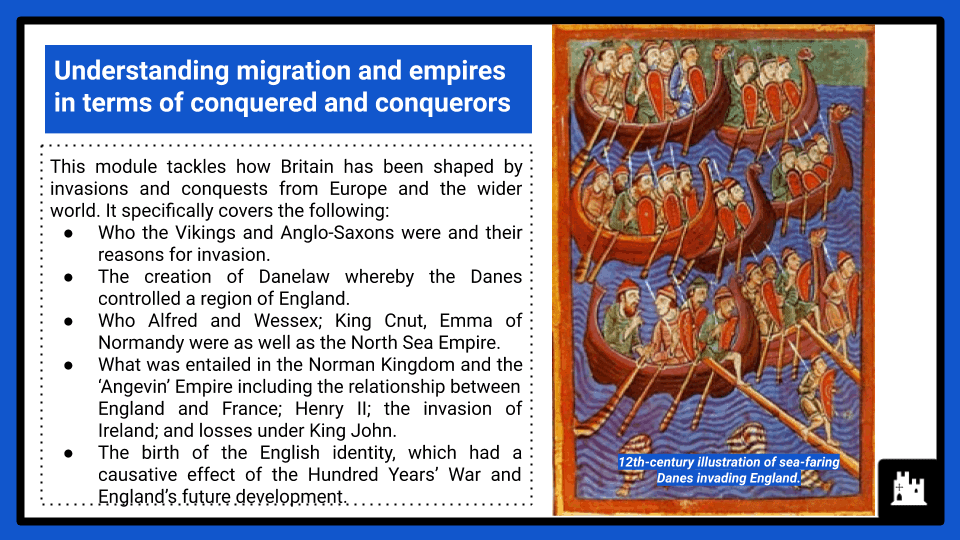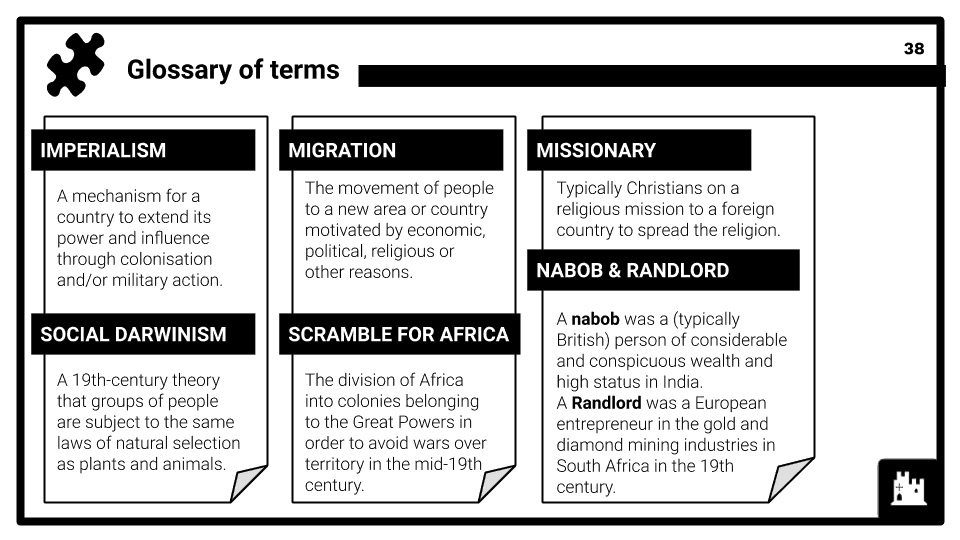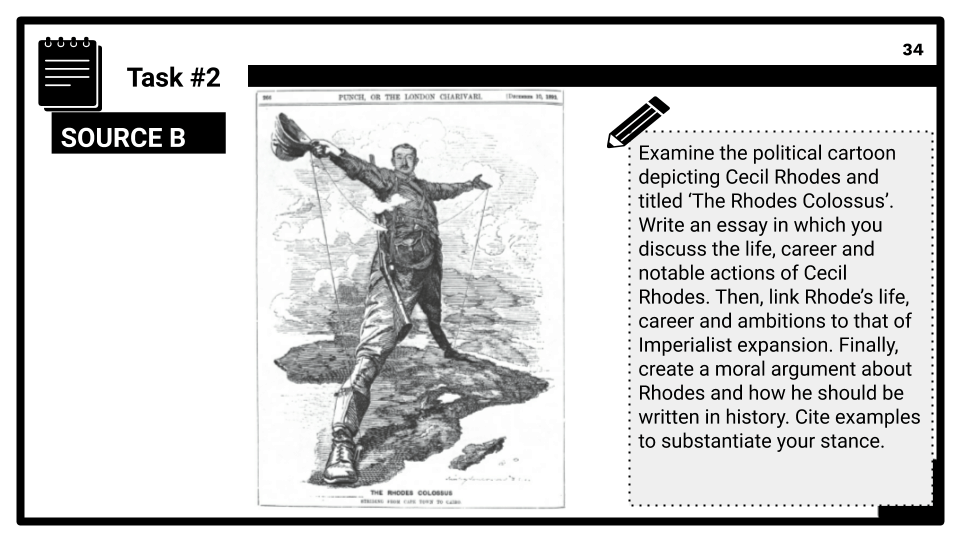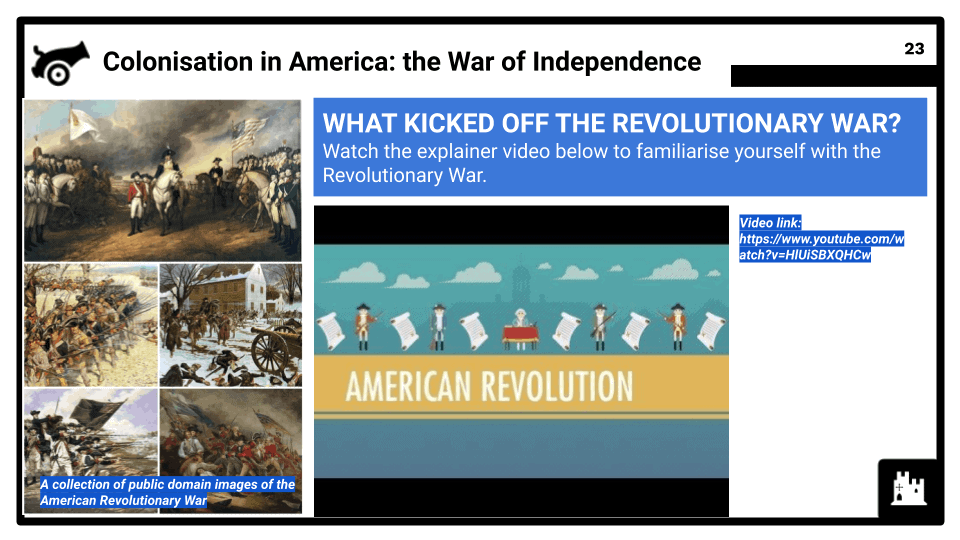Teach any AQA module AC Britain Migration, no prep needed!
Do you want to save dozens of hours in time? Get your evenings and weekends back? Be fully prepared to teach any AQA GCSE topic?
Every AQA topic is covered, and each module comes complete with:
AC Britain: Migration, empires and the people: c790 to the present day
This thematic study will enable students to gain an understanding of how the identity of the people of Britain has been shaped by their interaction with the wider world. It will consider invasions and conquests. It will also study the country's relationship with Europe and the wider world. It will consider the ebb and flow of peoples into and out of Britain and evaluate their motives and achievements. It considers the causes, impact and legacy of Empire upon the ruled and the ruling in the context of Britain’s acquisition and retreat from Empire.
Students will study a wide variety of topics spanning war, religion, government, economic resources, science and technology, ideas such as imperialism, social Darwinism and civilisation, the roles of individuals. Four modules cover the following:
Part one: Conquered and conquerors
Themes include:
- Invasion: Vikings and Anglo-Saxons; reasons for Viking invasions; creation of the Danelaw; Alfred and Wessex; King Cnut, Emma of Normandy and the North Sea Empire.
- A Norman Kingdom and ‘Angevin’ Empire: the relationship between England and France; Henry II; invasion of Ireland; losses under King John.
- The birth of English identity: the Hundred Years’ War and its impact on England’s future development.
Part two: Looking west
Themes include:
- Sugar and the Caribbean: piracy and plunder; the development of the slave trade, including John Hawkins; settlements in Barbados and West Indies; the economic and social impact of the slave trade on Britain.
- Colonisation in North America: causes and consequences of British colonisation; Raleigh; Jamestown; contact and relations with indigenous peoples; commodities; Pilgrim Fathers; indentured servants; the War of Independence, loss of American colonies.
- Migrants to and from Britain: Huguenot migration; Highland clearances; the Ulster plantations.
Part three: Expansion and empire
- Expansion in India: causes and impact of British control; East India Company; Robert Clive; Warren Hastings; Indian Rebellion (1857); the social, political, cultural and economic impact of empire on Britain and India.
- Expansion in Africa: causes and impact of British involvement; trade and missionary activity; South Africa; Egypt; the Scramble for Africa; Cecil Rhodes; the Boer War (1899–1902); imperial propaganda.
- Migrants to, from and within Britain: Irish migration to Britain; Jewish migration to Britain; transportation; migration to and within the Empire, including migration of Asians to Africa; migration from rural to urban settings.
Part four: Britain in the 20th century
Themes include:
- The end of Empire: the impact of the First and Second World Wars; the impact of Suez; nationalism and independence in India and Africa, including the role of Gandhi, Nkrumah and Kenyatta.
- The legacy of Empire: ‘Windrush’ and the Caribbean migrants; the work of Claudia Jones in the UK; migration from Asia and Africa, including the role of Amin in Uganda; the Commonwealth; the Falklands War.
- Britain’s relationship with Europe and its impact: the impact of the Second World War; economic, social and cultural interaction; the end of the Cold War and membership of European Union; European and non-European migration.




